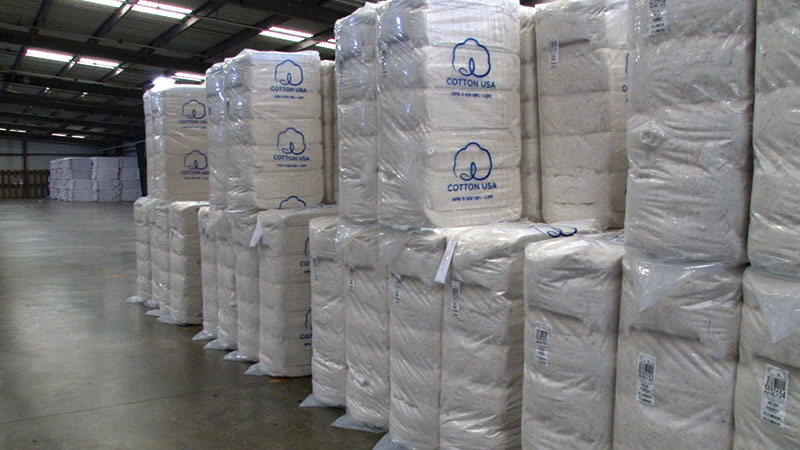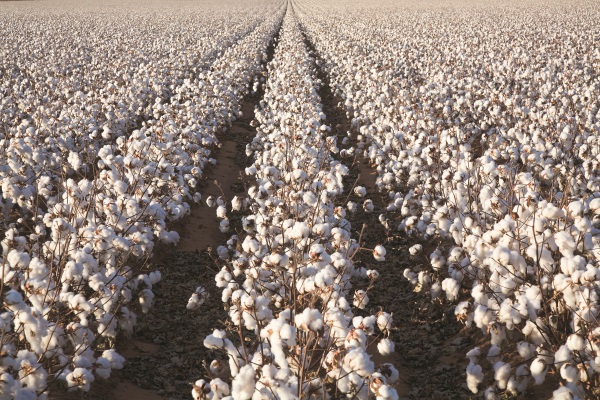Doha Veto Threatened
Four West African states threatened in late October to veto any accord in the Doha trade round that did not address their demands for a reduction of Western subsidies for cotton.
The negotiations on cotton, a mainstay of several African economies, are seen as a touchstone of efforts to create what they says is a fairer global trading system in the Doha round, where agreement is sought in 2010.
“Even if one country is not in agreement, there is no signing, there is no implementation of the accord,” Mali Trade and Industry Minister Ahmadou Abdoulaye Diallo said.
“So we are going to tell them that if they want us to sign the global accord, our interests, particularly regarding cotton, must be looked after,” he told reporters after a meeting with officials from Chad, Burkina Faso and Benin.
Countered the National Cotton Council’s Mark Lange: “Given the current text in the agricultural negotiations, a veto threat by the West African countries seems to be a contradictory position for them to take. The negotiations contain commodity-specific limits on U.S. marketing loan gains and counter-cyclical payments that have significant implications for U.S. farm policy. No agreement would leave U.S. farm programs intact.”
African countries want the United States to make bigger cuts in its cotton subsidies than in other agricultural products. They say that U.S. cotton subsidies make it uneconomic for their farmers to produce, and they cannot afford similar state aid.
“Now we are seeing the implications of the WTO’s 2003 decision to place cotton as a separate agenda item within the Doha negotiations,” said Lange. “The basic premise of multilateral negotiations is to address trade in a comprehensive manner that goes across many commodities and sectors of the economy. USTR Ambassador Ron Kirk said it best when he bluntly stated that it was a ‘horrible decision’ to single out cotton in the negotiations. The result is to wrongly empower a group of countries with a veto threat over a single commodity that represents less than 1/10th of 1% of world trade.”
U.S. officials have hinted that they will do something on cotton, but say they cannot make an offer until they can see the overall deal in agriculture. More recently they have argued that China and India must also open their markets to U.S. cotton.
“The National Cotton Council continues to seek a comprehensive agreement that provides ambition in market access that is equal to the restrictions on domestic support,” added Lange. “Likewise, the West Africans would be better served if they would shift their focus away from U.S. cotton, whose production has fallen by 45% in recent years, and instead work for greater market access in key developing markets. The governments of India and China can continue to operate raw cotton stock management programs that generate significant market disruption. These types of programs must also be addressed.”









